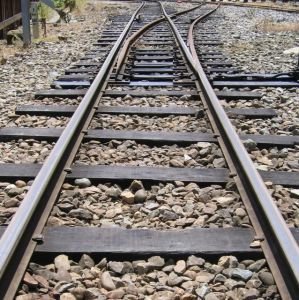Canadian Pacific announced in November that it plans to acquire Norfolk Southern in a $28.4 billion deal that will create the largest railway system in North America. Canadian Pacific and Norfolk Southern play a big part in transporting crude oil from North Dakota to refineries located on the East Coast. The acquisition could result in one uninterrupted path from North Dakota to the coast. However, some critics are worried that this acquisition could result in something else – crude by rail catastrophes.

Canadian Pacific’s recent public announcement regarding the acquisition has raised safety concerns among environmental groups, elected officials, and people residing along the railway. Despite many attempts from officials, including the Federal Railroad Administration, the railroad company will not produce bridge inspection records due to alleged “security concerns.” What’s alarming about its refusal to produce inspection documents is the fact that crude by rail incidents involving spills, fires, and even deaths are happening regularly.
Just last month, two Canadian Pacific trains derailed in Watertown, Wisconsin, not even one week a part from each other. On November 8, thirteen cars derailed, spilling 500 gallons of oil, and on November 11, another train derailed at the exact spot where the first incident occurred. Fortunately, no Watertown residents were injured.
Canadian Pacific trains are crossing decaying bridges across North America daily, some of which are almost 100 years old. The company claims that these bridges are safe and that there is no reason for the public to be alarmed.
Railway companies conduct bridge inspections under the Federal Railroad Administration’s supervision; however, the results of these inspections are often kept confidential.
In 2015, ten derailments occurred in North America, each resulting in a spill or fire. In 2013, a train derailed in Quebec, which leveled several buildings and resulted in 47 deaths.







